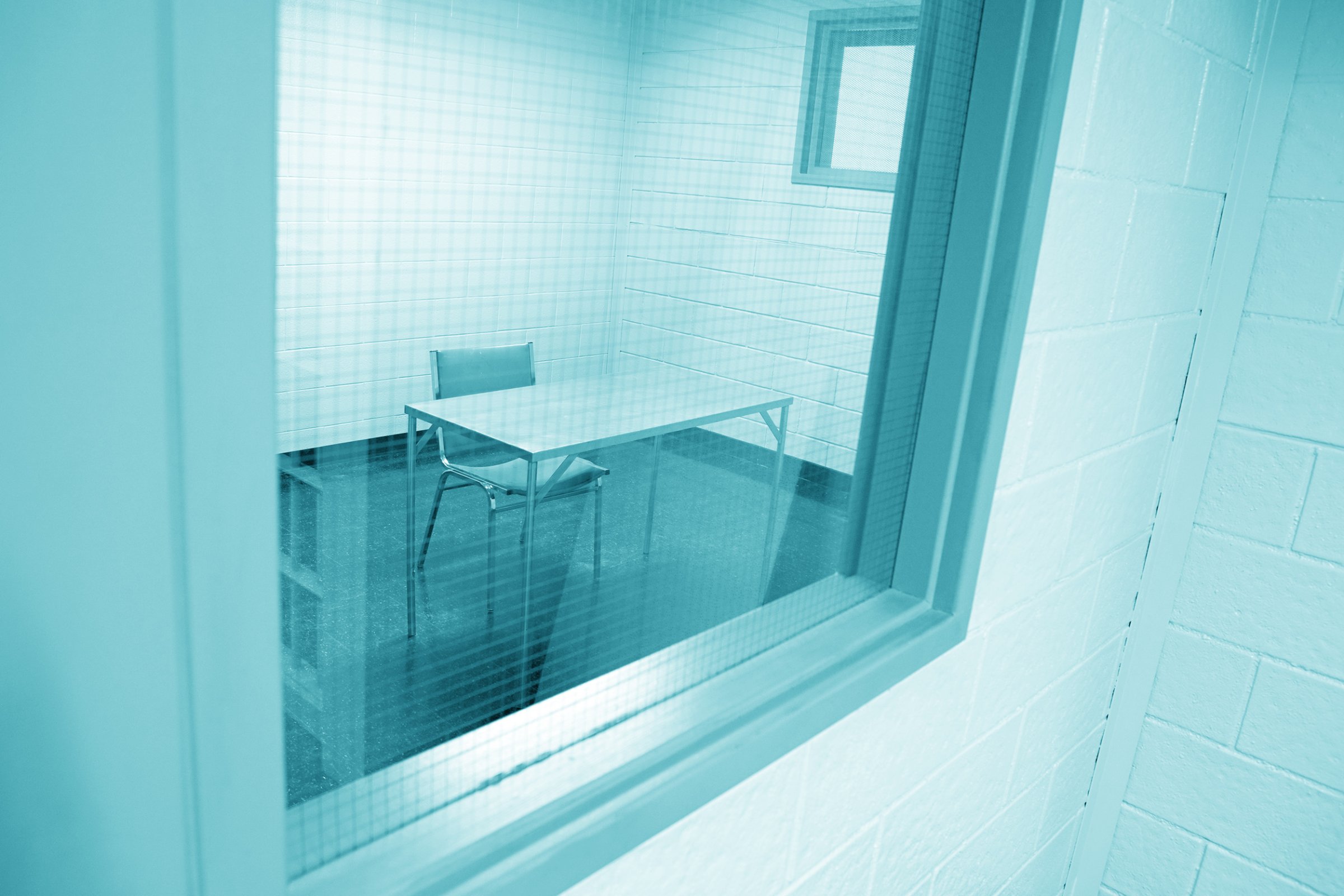
When people stay awake all night, they’re much more likely to say they did something they really didn’t, according to a new study published in the Proceedings of the National Academy of Sciences.
“Just being tired may affect the likelihood that an individual confesses to something they didn’t actually do,” says the study’s co-author Kimberly Fenn, associate professor of psychology at Michigan State University.
In the experiment held at a sleep lab, 88 people completed a battery of tests and computer tasks. As they did so, a warning intermittently flashed across their screens warning them not to press the escape key; doing so, the message read, would wreck the study’s data.
After the last day of the experiment, everyone in the study spent the night in the lab. Some people slept for eight hours, but others were told to stay awake all night, amusing themselves with Scrabble and Netflix and hourly snacks.
The next morning, everyone was given a personalized statement about how they did in the experiment. But the document said (falsely) that the person had pressed the escape key during their first trip to the lab, messing up valuable study data. Everyone was asked to read their statement for accuracy and sign it.
People who spent 24 hours without sleep were almost five times more likely to sign the false confession than those who had gotten eight hours of sleep the night before.
Those who refused were urged a second time to sign it, and by the end, 39% of the rested group and 68% of the sleep-deprived group signed the statement.
“The brain is in a very different state during sleep deprivation, and a number of physiological and cognitive functions decline,” says Fenn. Still, she says, “I was surprised at the magnitude of the effect.”
The study may have important implications for criminal interrogations—many of which occur during typical sleep hours and last more than 12 hours. “It’s the hardest thing for people to really believe, but people admit to all kinds of horrendous things,” says Elizabeth Loftus, an expert on false memories and professor in the criminology and psychology and social behavior departments of the University of California, Irvine. (Loftus is also one of the study’s co-authors.) “In this case, if an experimenter wrote a report that says, ‘I saw them do it,’ they may actually get persuaded that they did, and that they have to sign this statement.”
It might not even take a full night of sleeplessness to get false confession numbers as dramatic as these. People in the study were asked how sleepy they were, and of those who rated themselves “highly sleepy, 80% falsely confessed to the escape key crime.
These results suggest that a person’s sleep might be considered before they’re subjected to long rounds of interrogation, especially since past studies have found that false confessions are responsible for 15-25% of wrongful convictions in the country. “Maybe people want to rethink whether the sleep deprivation component of interrogation is really a good idea,” Loftus says.
More Must-Reads From TIME
- The 100 Most Influential People of 2024
- The Revolution of Yulia Navalnaya
- 6 Compliments That Land Every Time
- What's the Deal With the Bitcoin Halving?
- If You're Dating Right Now , You're Brave: Column
- The AI That Could Heal a Divided Internet
- Fallout Is a Brilliant Model for the Future of Video Game Adaptations
- Want Weekly Recs on What to Watch, Read, and More? Sign Up for Worth Your Time
Write to Mandy Oaklander at mandy.oaklander@time.com